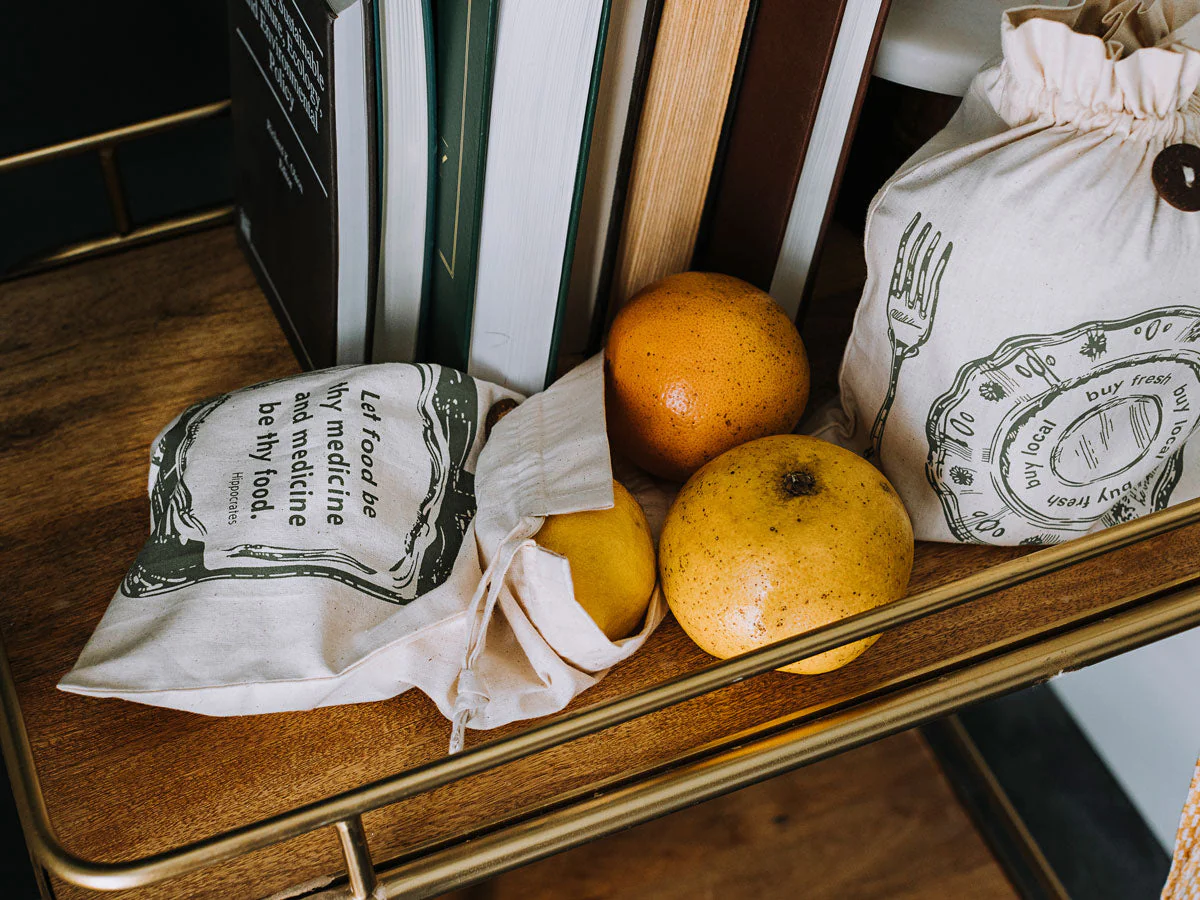
18 Easy Ways to Take Waste out of Your Daily Routine
There’s no denying that we, as a culture, have a real problem. A waste problem. Shopping bags, plastic utensils, water bottles, and excessive packaging all find their way into our daily lives for a few quick moments only to be thrown away without much thought. Let’s take a look at how to reduce waste—promise it’s not as difficult as you think.
The tremendous amount of energy and natural resources required to make plastic bags and paper products contributes to climate change, while the waste produced clogs waterways and sits forever in a landfill. The more we collectively learn about how our actions affect our environment, the more empowered we can be to make daily choices that put people and planet first.
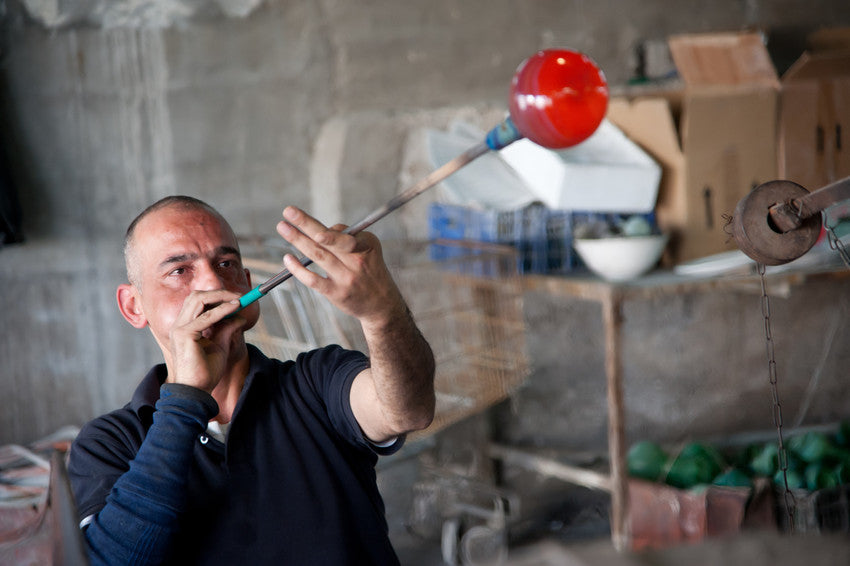
At Ten Thousand Villages, we strive to implement sustainable solutions across our entire organization. From the workshops of our artisan partners and the products they make, all the way to how we ship packages and plan office celebrations, we work together to find resourceful ways to reduce our waste.
We still have opportunity to improve in this area, but we have learned two big lessons along the way.
 Soma Katoon is an artisan working with Action Bag Handicrafts, makers of the Kantha Stitch Sari Bag and Sari Shop Slouchy Bag
Soma Katoon is an artisan working with Action Bag Handicrafts, makers of the Kantha Stitch Sari Bag and Sari Shop Slouchy Bag
Don’t let perfect get in the way of progress.
We think Anne Marie Bonneau explained it best when she said, “We don’t need a handful of people doing zero waste perfectly. We need millions of people doing it imperfectly.” It’s so easy to look at a #zerowaste Instagram feed of beautifully organized minimalist kitchens with curated mason jars of all shapes and sizes and give up before you even start. Don’t let an idealized version of what making sustainable choices looks like get in the way of your own personal progress.
How to reduce waste? It’s a lot easier than you think.
You don’t need to change everything about your life to reduce your waste. In fact, with some creativity and a little planning, you can start making better choices right now. Taking those first steps and starting small is the clearest path to success. Here are our best tips to adjusting your daily routines to create the space to just say ‘no’ to unnecessary waste:

But first, coffee:
For many of us, the thing we do immediately after we roll out of bed is head to the kitchen and make some coffee or tea. One of the easiest ways to reduce our daily waste is to rethink how we make (or purchase) that first cup.

- Switch to pour-over or French press – single serve pods of coffee wreak havoc on the environment and don’t taste nearly as good as coffee made with a bit more intention. Pour-overs and French presses might look fancy and time consuming, but they don’t add more than a minute or so to your morning routine and drastically reduce waste
- tea – Avoid throwing out tea bags every day by using a tea strainer.
- Bring your own cup – To-go coffee cups may be convenient in the moment, but they last a lifetime in the landfill (especially if they’re made of Styrofoam). Invest in a sturdy, insulated cup that you can take with you wherever you go. Not only will it keep your coffee hot longer, but many coffee houses will give you a discount for bringing your own. It’s a win/win!
Clean up your act:
When you’re ready to scrub-a-dub-dub, here are a few easy ways to reduce your waste in your tub.
- Switch to bar soap – If you take a look around your shower, how many plastic bottles do you see? A lot, right? Well, if you’re not ready to take the leap into package-free skin care yet, simply switching to bar soap is a good place to start. Small, intentional changes is how we reduce waste.

- Skip the plastic loofa – Washcloths and loofas made from natural materials (like hemp!) aren’t only better for the environment, they typically exfoliate better too. Say goodbye to plastic and hello to glowing skin!
- Down with disposable razors – Next time you get down to your last disposable razor, choose to replace it with one that will last. It’s more of an investment up front, but higher quality razors produce less waste and keep their sharp edge longer.
- Invest in reusable facial rounds – If you’re removing makeup at the end of the day, an easy way to be kinder to the environment is to choose reusable face scrubbies. Wash your face, wash your scrubbie, repeat.

Food for thought on how to reduce waste:
One of the ways Americans create the most waste is in the kitchen. With a few conscious changes to our daily routines, we can reduce our environmental impact.
- Say no to paper towels – 544,000 trees could be saved each year if each US household used just one less roll of paper towels. Imagine the environmental impact you could make if you switch out disposable paper towels for reusable towels! Not only would you save trees from being cut down and water ways from being polluted, you’d be sending less trash to landfills.
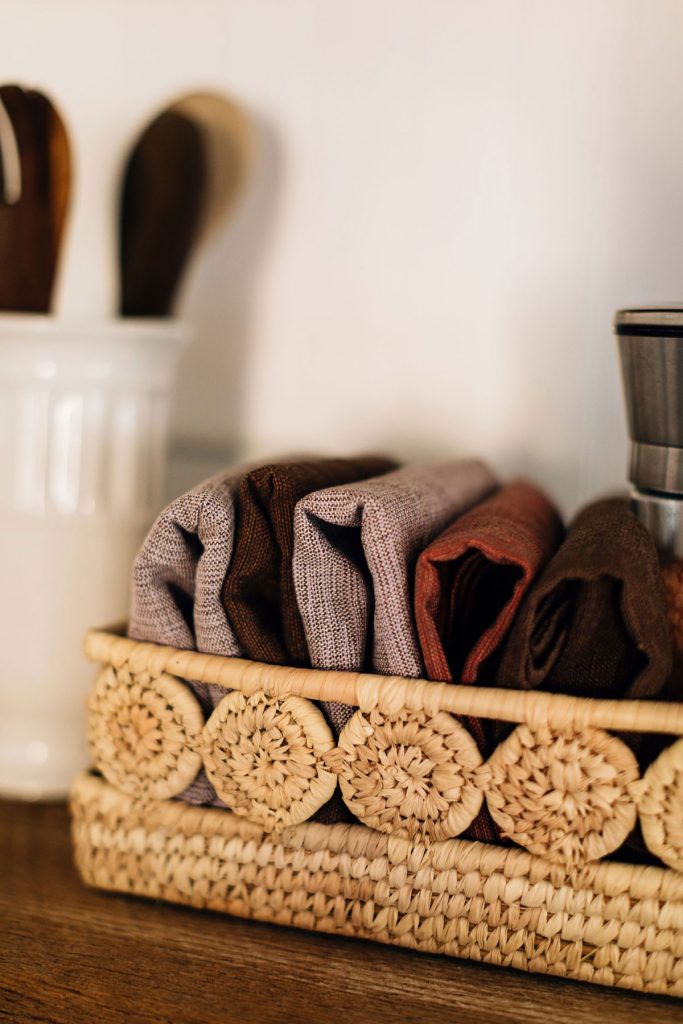
- Every day cloth napkins– Most of the time, our cloth napkins only make it out of storage on Thanksgiving. But they don’t need to be reserved for fancy dinners! Invest in some sturdy cloth napkins that you’ll like looking at every day and put them to work. Because napkins take up very little space in a washer, you can just throw them in with other loads and save yourself some hassle.
- Choose recycled paper – There are some situations where paper truly is the best option. In times like those, reach for paper towels, napkins, and plates that are made from recycled paper. Mother Earth will thank you.
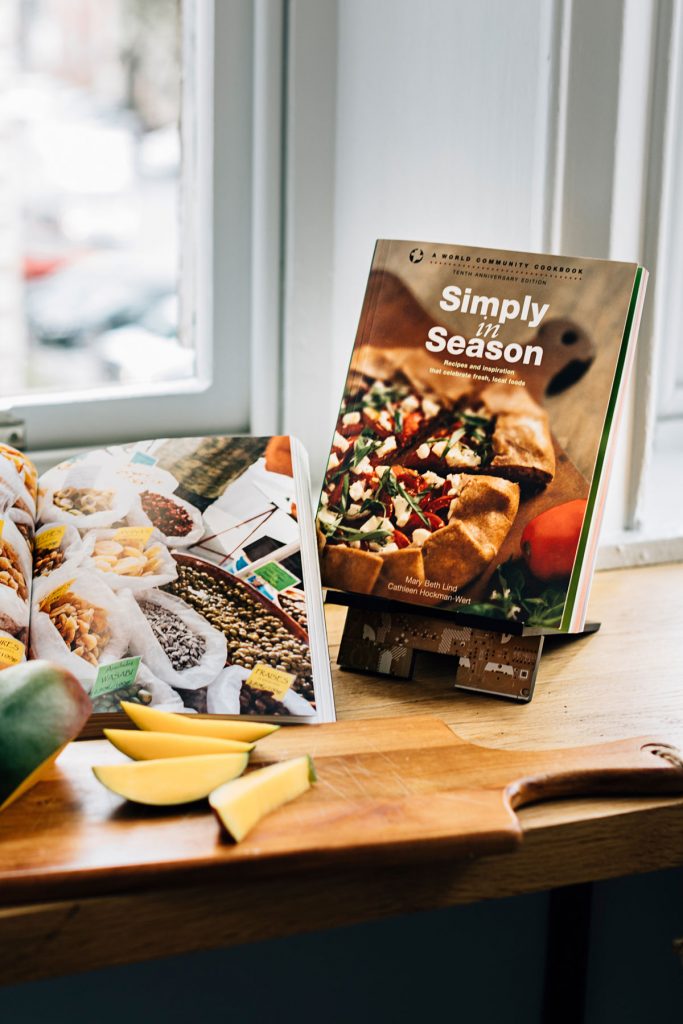
- Reduce food waste – Americans throw away a shocking amount of food every year. We can do better! Try planning meals in advance, cooking with seasonal foods that are locally sourced, making the most of the staples in the cupboard and using up leftovers. When we talk about how to reduce waste, food waste should be top of mind.
It’s in the bag:
Plastic bags start off as fossil fuels and end up as trash that clogs waterways, pollutes landscapes, and kills wildlife. They’ve become such an epidemic that countries like Rwanda and Kenya are making the choice to ban plastic bags entirely. Although they are still prevalent in America, you can help by cutting plastic bags out of your daily routine
- Bring your own – Whether it’s a market basket or a sturdy cotton tote, make sure not to leave home without it! An easy way to reduce your plastic waste is to keep your reusable shopping bags in your car or tuck one away in your purse so that you never forget to take it with you when you run errands.
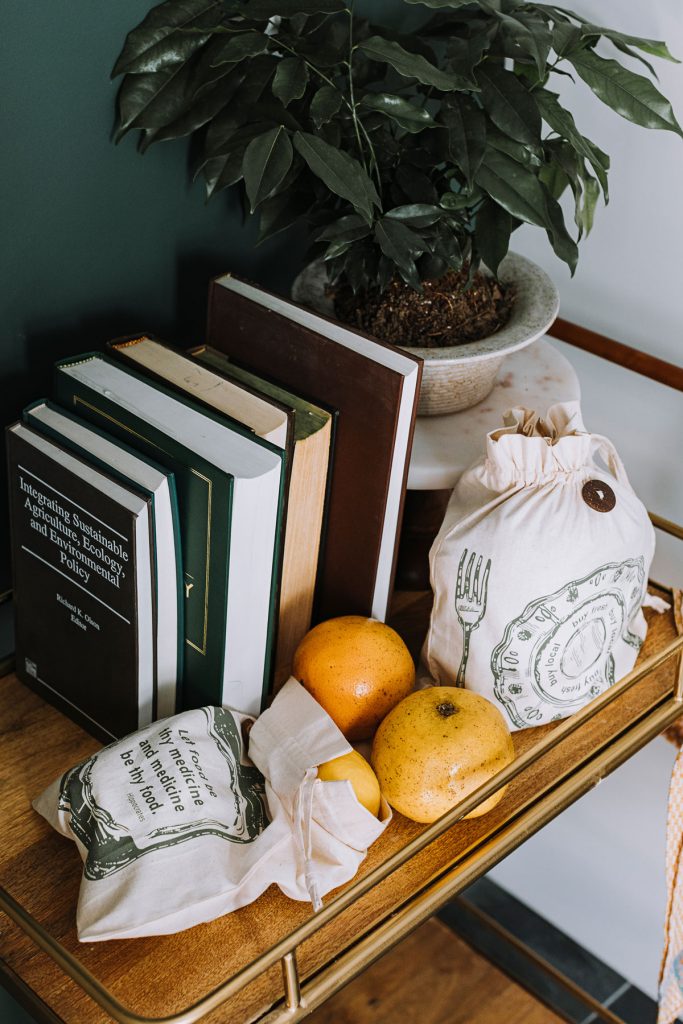
- Buy bulk – If you have access to a grocery store that sells dry goods like rice and lentils in unpackaged bulk, grab a reusable bulk bag and fill it up!
- Produce bags – Same goes for produce. There’s no need to use plastic to haul your bananas and potatoes home. If you like having all your fruits and veggies tucked away safely in a small bag, invest in a cotton reusable (and washable!) produce bag.
- Just say no – We can probably all agree that there are times when you don’t need a bag at all. Many stores will toss a single item in a plastic bag without even thinking, so be ready to say, ‘I don’t need a bag today, thank you!’ before the transaction even starts. You’ll be a hero.
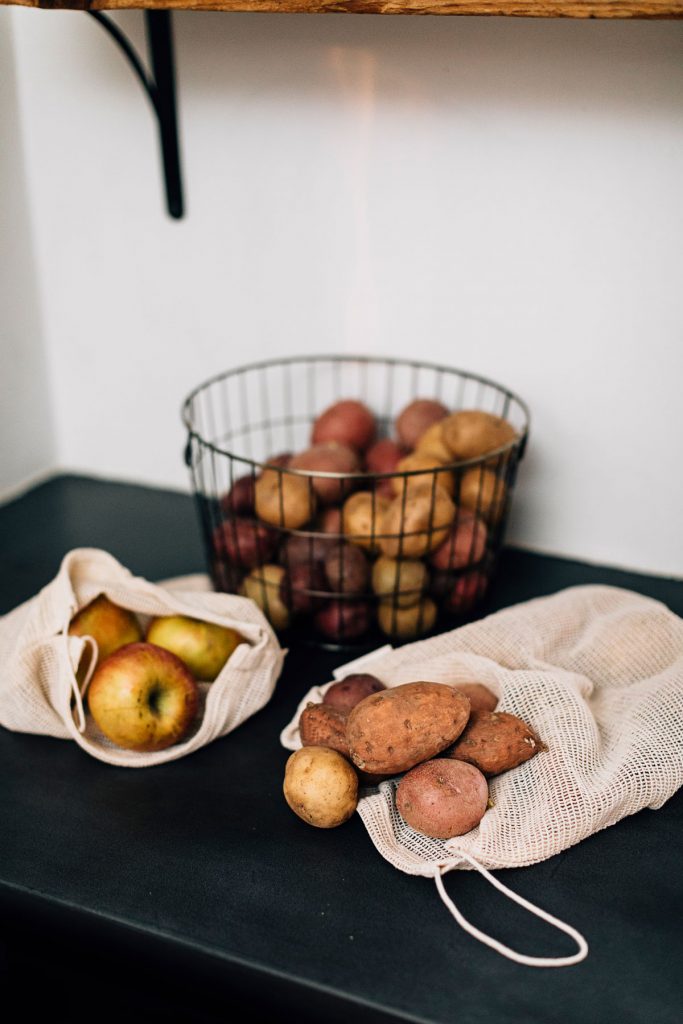
How to reduce waste when out and about:
We live so much of our lives in our cars, at our jobs, and running from one activity to the next. To-go packaging seems like it’s unavoidable, but most of the time there is a relatively easy solution to our single-use waste problems.
- Bring your own bottle – Bottled water is not always safer than tap, it causes our landfills to be overloaded with unnecessary plastic, and it’s expensive. In fact, when you buy a bottle of water, 90% of the cost is packaging. If you travel with your own bottle, you are not only reducing your reliance on single-use plastic, but you’re saving money. What’s not to like about that?
- Be prepared at work – Keeping a set of utensils, a plate and bowl, a cup and a mug at your desk is one of the easiest ways to cut waste out of your life.
- Pack your lunch – When you pack a lunch, you usually end up saving money, eating healthier, and being more mindful of your waste. Bonus points if you use stainless steel or glass containers instead of disposable plastic bags!


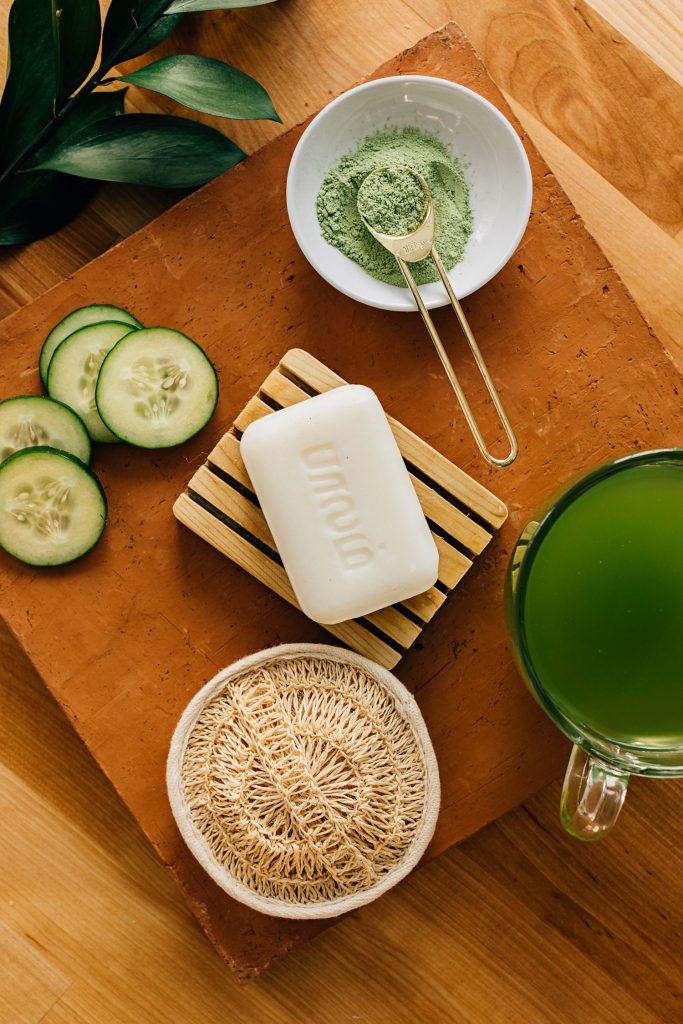
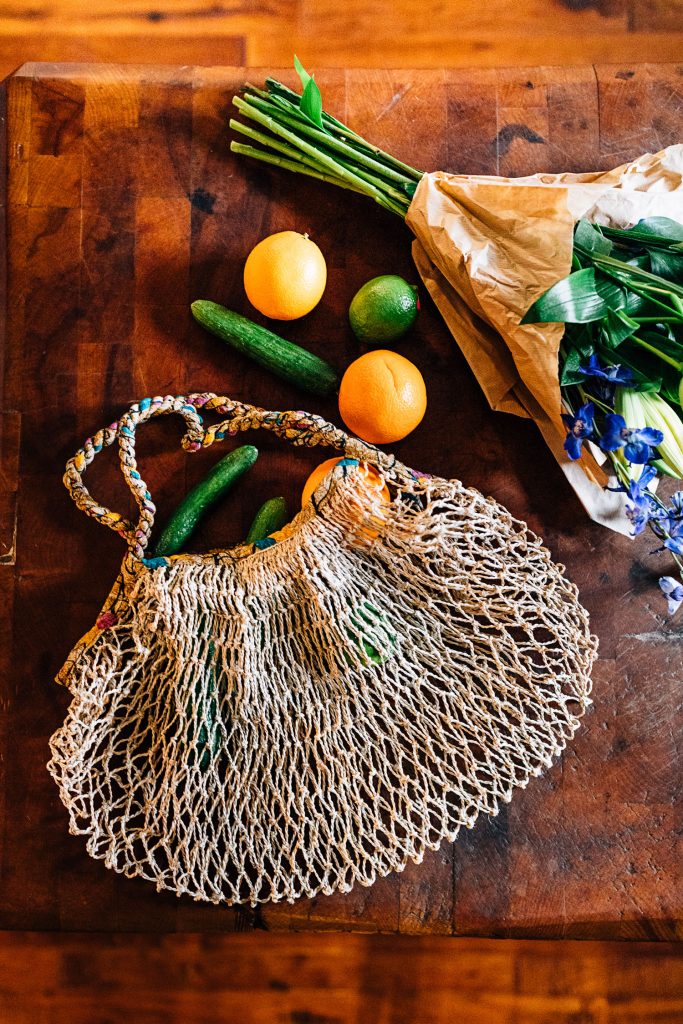
Leave a comment